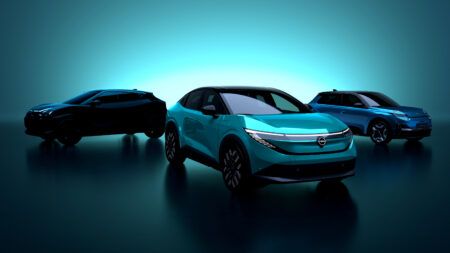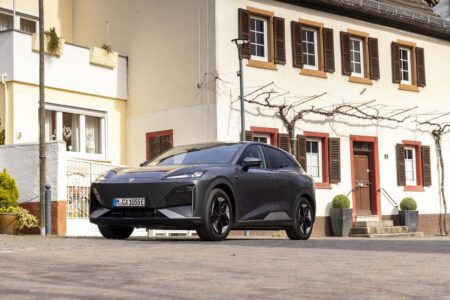Monolith, a London-based artificial intelligence (AI) software provider, has been chosen by global automotive systems supplier Webasto as its AI partner for EV battery validation. The collaboration aims to improve battery testing efficiency through AI-driven planning.
Webasto develops batteries for various vehicle applications, producing over 500 battery system prototypes annually. This process generates terabytes of raw test data from thousands of tests. Monolith’s AI software will help Webasto’s R&D team make battery module and pack testing more efficient.
“The work we’re doing with Webasto sets a new benchmark for how a company can use AI effectively to improve processes and products,” says Dr. Richard Ahlfeld, CEO and Founder of Monolith. “We’ve worked with them every step of the way to identify use cases, prepare data and train the in-house test and domain experts to get the most out of the Monolith platform.”
The initial focus of the partnership will be on battery pack screw tightening, a critical factor in battery performance and longevity. Each battery module contains at least 300 screws, with torque monitoring for tightening generating significant amounts of data.
“After an extensive evaluation, we found Monolith to be an excellent option for scaling AI across our R&D,” says Markus Meiler, Webasto VP Research & Development. “The Monolith platform demonstrated the potential benefits of using our test data with AI and guided us through a workshop to identify the best potential use cases, becoming more than a tech supplier but an engineering partner.”
Monolith’s software uses AI to make instant predictions from engineering test data, enabling engineers to identify areas for optimization without extensive physical testing. This approach can potentially reduce development time and improve product quality.
The collaboration between Monolith and Webasto is expected to explore numerous use cases over the next 12 months. By leveraging AI technology, Webasto aims to accelerate battery validation processes and enhance battery quality and performance while freeing up senior engineering resources.
This partnership highlights the growing importance of AI in automotive engineering, particularly in the rapidly evolving field of EV battery development. As the industry continues to push for more efficient and higher-performing electric vehicles, collaborations like this may become increasingly common.





